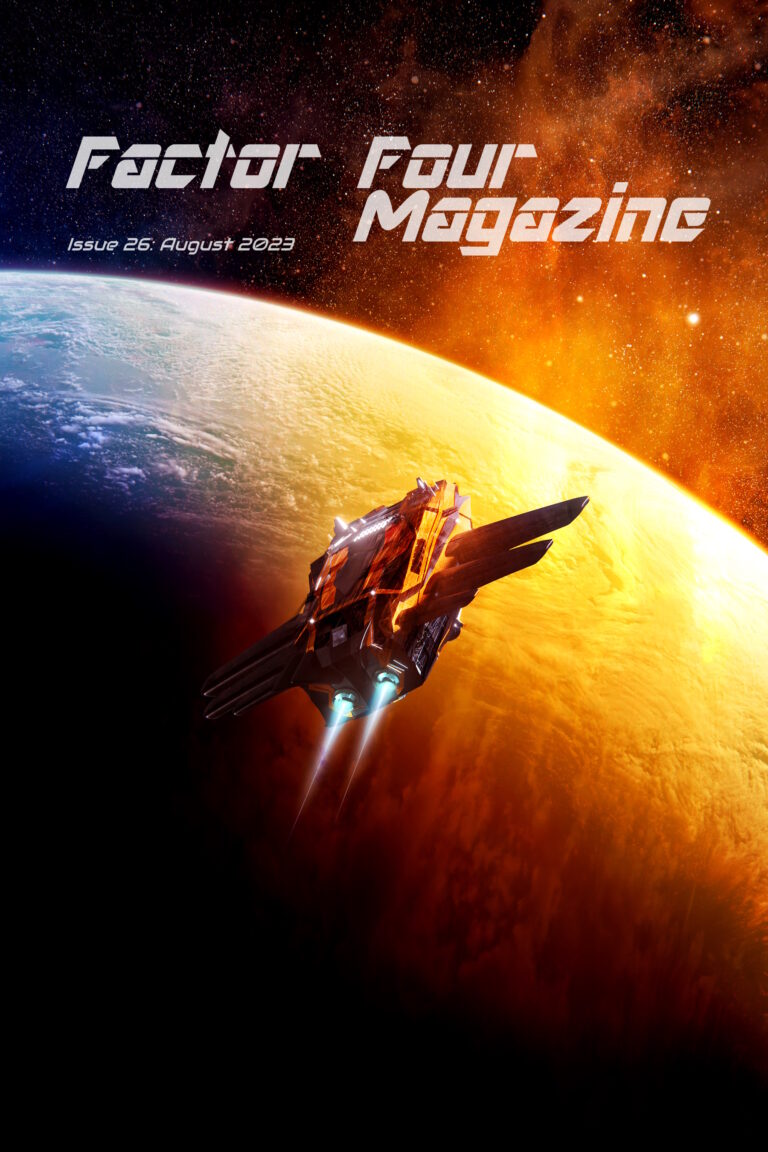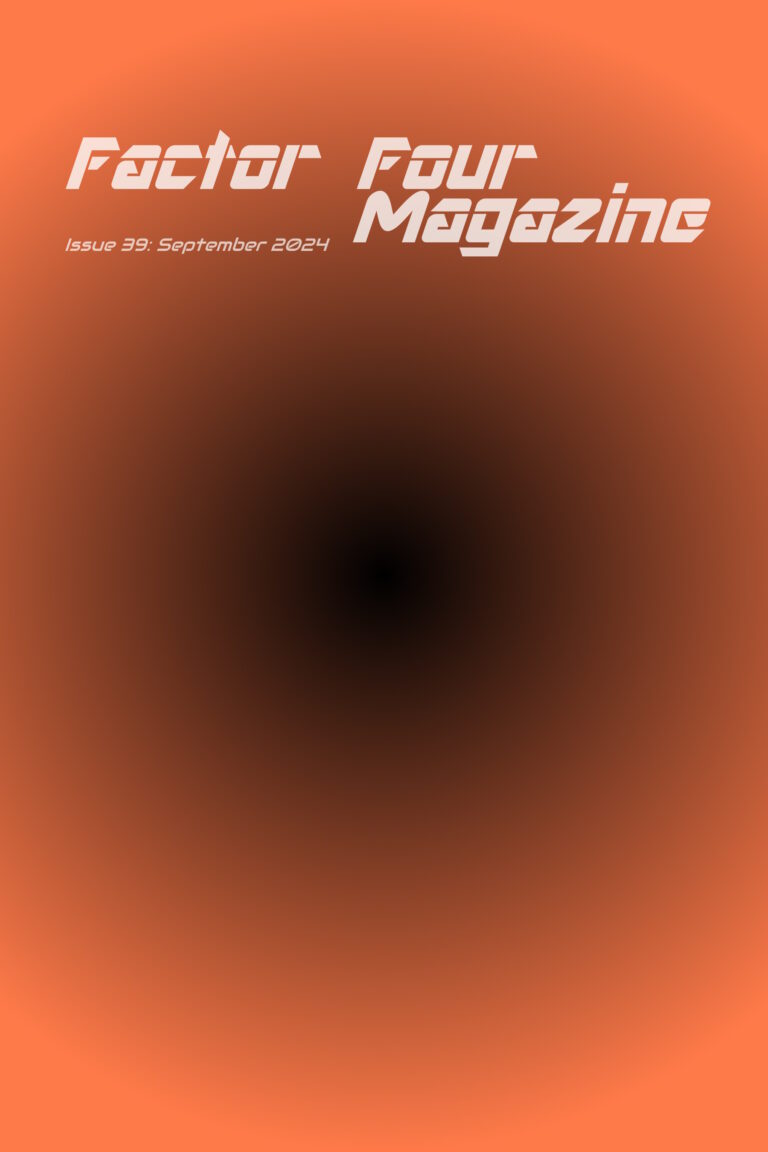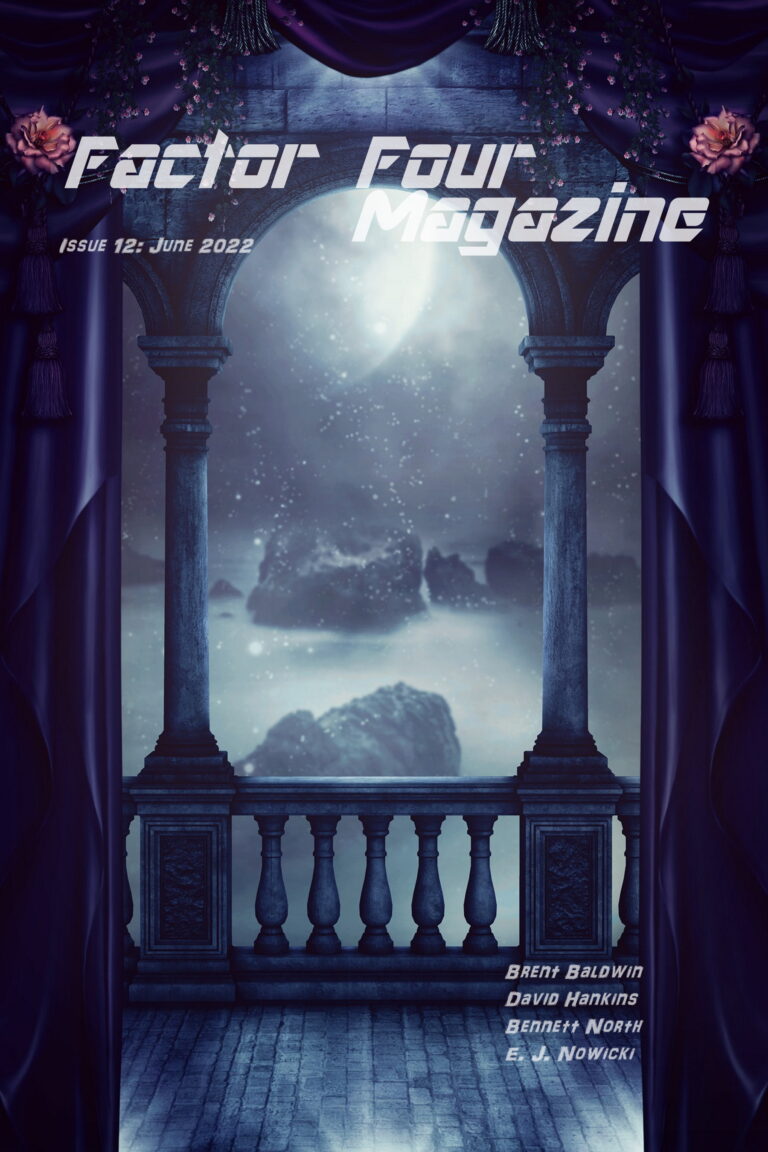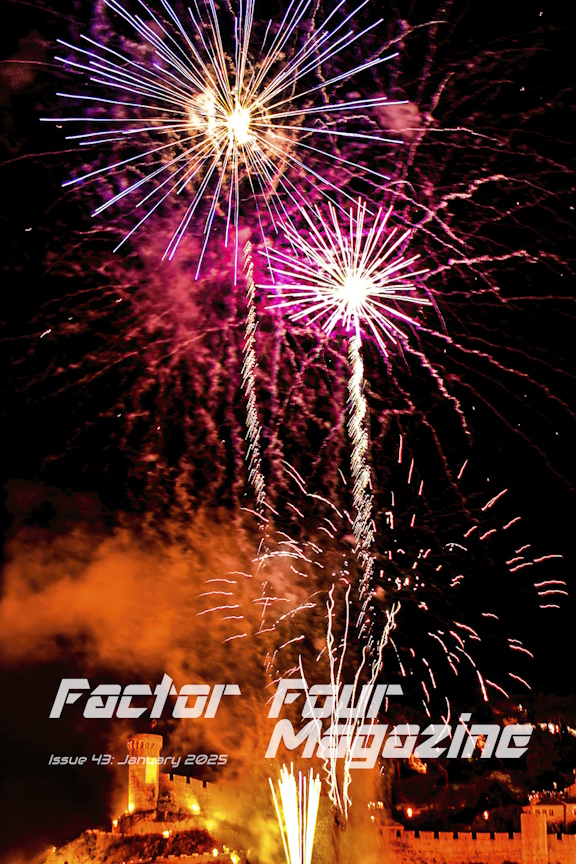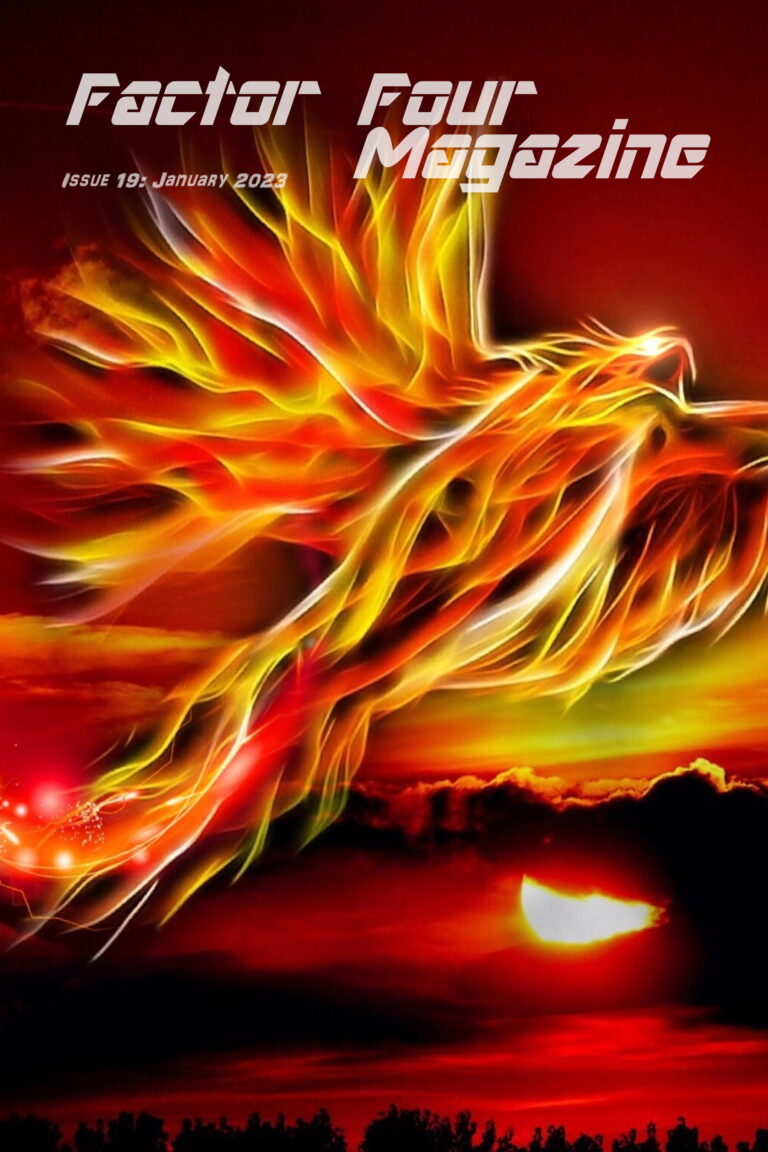Spacemaid by Robert Bagnall
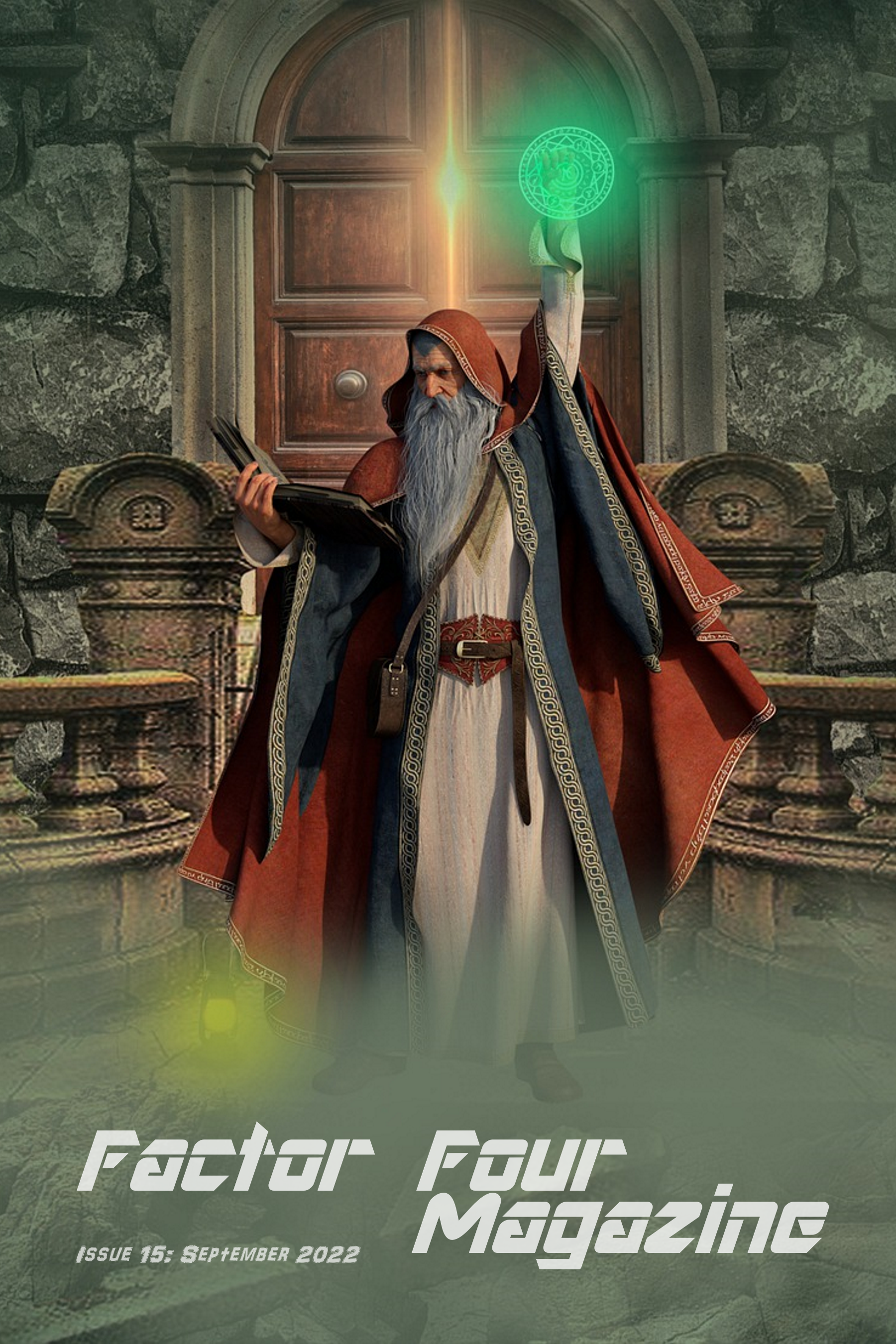
It started off as little more than headphone static, a drone that had been within him for some time, without any recollection of it ever starting. Finding himself focused, it resolved into music: bells and horns and something almost but not quite a melody.
Was this what they had warned him of: the stresses of space travel? The scientists had modelled the decades required to journey from planet to planet in a dreamlike state, metabolism and bodily aging slowed. Couldn’t they remove the risk entirely, put him completely to sleep? They had smiled apologetically: no, total stasis was impossible, but a state of semi-hibernation was perfectly practical, though it carried the possibility of temporary semi-consciousness. Lucid episodes were a risk. Hallucinations, including auditory hallucinations, were cited. Incomplete semi-stasis risked failure to reach the destination within the resource envelope provided. Which, in turn, meant death.
A great deal of time was spent focused on the factors that increased the risk. He went through a battery of physiological and psychological tests. He trusted his body to get him through the former; for the latter he had rehearsed answers to satisfy even the most skeptical. They all knew Sasha’s story. He was moving on, drawing a line under recent history, doing it for her memory. He wasn’t running away. How could he run away from something that was over? At times he almost convinced himself.
His craft had taken off decked with flowers. The hillsides all around were dotted by fires, around which, unseen by him, men and women danced in the moonlight, holding hands, singing to solicit good fortune for his mission of peace to other worlds.
Had the God and the Goddess listened?
He tipped over from virtual-unconsciousness to semi-wakefulness visualizing Swiss fields, cowbells chiming as the livestock chewed the cud or lazily nodded the flies away. It was a sultry day. He knew he must be hallucinating because of the simplicity of the vision: cloudless azure sky, emerald grass, the bright pink tongue of a black and white cow, not a lick of wind and the heady scent of home: honeysuckle and jasmine, despite this being pasture. The mountains on the horizon were jagged and triangular, like a child would draw.
A face filled his vision.
A woman’s face, concerned, quizzical, like she had been waiting for him to wake up and now he had. It was like Sasha’s, but not quite. Younger, less bitter, hers before the cancer.
He was still in his capsule. He could feel the frame of his seat underneath him, the inside of the bulky gloves against his fingertips, his semi-rigid spacesuit, its ring where the helmet locked against his neck.
But simultaneously, he was free-floating in the void, staring at a face staring back at him. Sasha’s face. Sasha as a mermaid.
He was hallucinating a mermaid. He didn’t need to be told, didn’t need to see her shimmering tail, he was just filled with a tremendous understanding of who this was.
Mermaids… milkmaids. Was that why he was hallucinating a mermaid? Because the bells and horns and oddly-melodic drone suggested Alpine meadows? His thoughts tumbled, like dominos: if mermaids swam in the sea, why weren’t milkmaids sirens swimming in milk?
No. This was space. It couldn’t be a mermaid.
“Spacemaid?” he mumbled, not letting himself rise to the surface like when he was young and learning to scuba dive amongst the luminous trailing seaweed and he got his buoyancy all wrong and would come rushing up and out in a froth of bubbles. It sounded as clumsily doubtful out loud as in his head. His mind wheeled, seeking clarification. He feared the mental effort needed would bring him around fully, that he would find himself floating through the depths of space, totally alone and fully awake, wasting oxygen at a rate that would preclude ever reaching safe harbor. He fought to remain insensible
If you know so much, how come you never know when I’m pissed at you?
It was Sasha’s voice somehow merged with those sonorous chimes, but he knew he was dredging the knowledge from his own mind. That was one of the last things she had said to him, before she lapsed into coma. It had cut him to the quick because it was true. He didn’t know how she was feeling unless she spelled it out in simple words. He never recognized the tics and signs and unspoken cues. It left him all at sea.
That was what attracted him to space.
He volunteered days after her diagnosis, was selected days after her death. He was running away. Only an accident of timing meant he could dress it up as anything but.
Maybe this spacemaid was a figment of his imagination, maybe his ship had taken him to wherever souls go in the universe. Either way, he still needed her to spell out how she felt, what it was she wanted him to know.
I forgive you, the spacemaid said in bells and horns and echoes of Sasha’s voice.
The astronaut’s eyelids ceased fluttering, his body relaxed, and his briefly jittering life signs calmed, slowed, flat-lining near to death, as they should have been since his voyage began. He was now nearer to total stasis than he had been his entire journey, thus avoiding the death that had been up to then inevitable. His fate, up to now in the balance, was certain: he would reach his destination.

